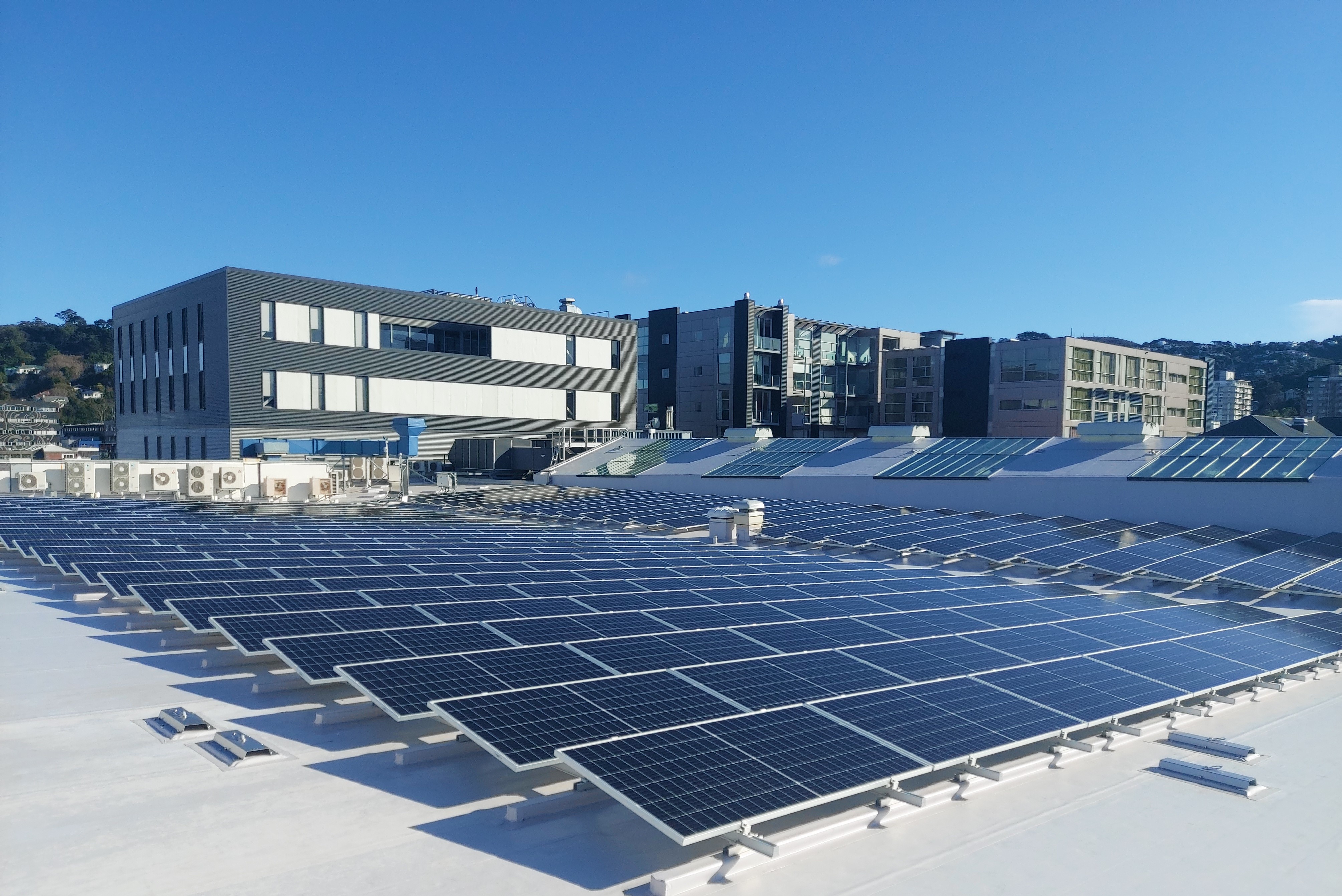Carbon footprint
We are committed to reducing greenhouse gas emissions and achieving a goal of net zero carbon by 2030.

Your Zero Carbon University
The University started reporting on its annual greenhouse gas emissions in 2007. Since then we have reduced emissions by 20 percent despite increased staff and student numbers. However, if the world is to deliver on the Paris Climate Agreement and avert the potentially catastrophic impacts of climate change, and for the University to play its part as a leader in climate action, more ambitious goals are needed. That is why we have committed to a net zero carbon goal. Within that goal is a plan to cut the University’s gross greenhouse emissions by 40 percent by 2030, compared to 2017.
Each year we calculate our carbon footprint in accordance with the greenhouse gas protocol. The majority of our carbon emissions come from energy used in our buildings and from transport, in particular, air travel by staff.
The University has developed a five-point emission management plan, which includes tree-planting, a carbon levy on staff air travel, introducing on-site solar power and investigating the use of marginal farm land for the development of a carbon forest.
The plan also sets out teaching and research opportunities, including new Master’s Scholarships for postgraduate research in support of our zero carbon goals and the campuses as a Living Lab, with sustainability projects built into the teaching programme.
Low carbon features will be a part of new campus development and refurbishment. Ngā Mokopuna (formerly the Living Pā) is an example of a proposed development with sustainability at its heart. The project aims to meet the principles of the internationally recognised Living Building Challenge for sustainable development.
Our Zero Carbon Governance Panel is chaired by the Director of the Vice-Chancellor’s Office and includes the Provost and Chief Operating Officer (all members of Te Hiwa, our Senior Leadership Team). The role of the panel is to oversee delivery of the Zero Carbon Plan to ensure we are on track to meet our climate targets and provide leadership to embed the climate actions across the University. Our progress towards our carbon reduction targets, along with our climate risks are also reported on a regular basis to our University Council.
Climate Adaptation
In addition to reducing our own emissions, we are also thinking about how we will need to adapt to the impacts of climate change on the University.
The local changes in our climate will have a direct impact on our campuses through more extreme weather events and sea level rise, which we have assessed and started to factor into our campus management plans.
However, there are many other risks and opportunities for our people and our core business of learning, teaching and research associated with climate change. We worked collaboratively with the other Universities, Te Pūkenga and the Wānanga to assess what the impacts will be for the sector and described them through a set of four scenarios.
Each institution will then develop their own approach on how best to incorporate those risks and opportunities into their long term planning from 2024 onwards.
What can you do?
- Conserve energy while on campus or in student accommodation.
- Join one of the many environmental groups on campus.
- Reduce, reuse and recycle to minimise waste to land fill.
- Use sustainable transport options.
